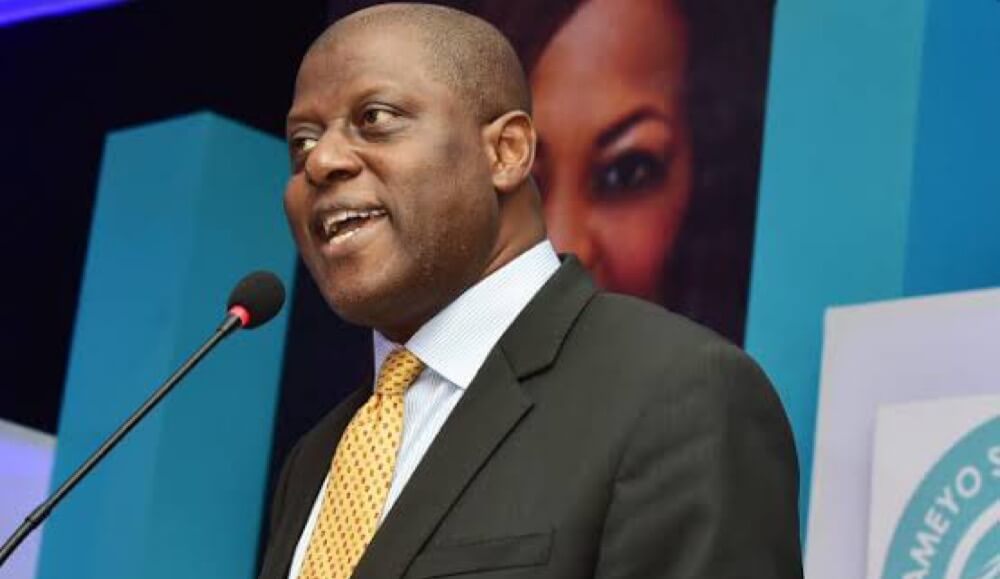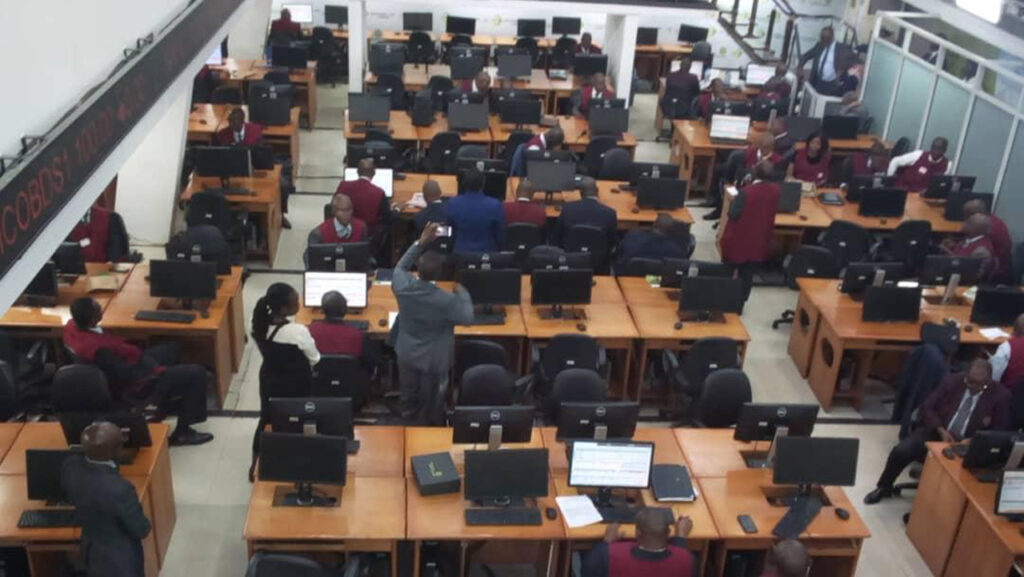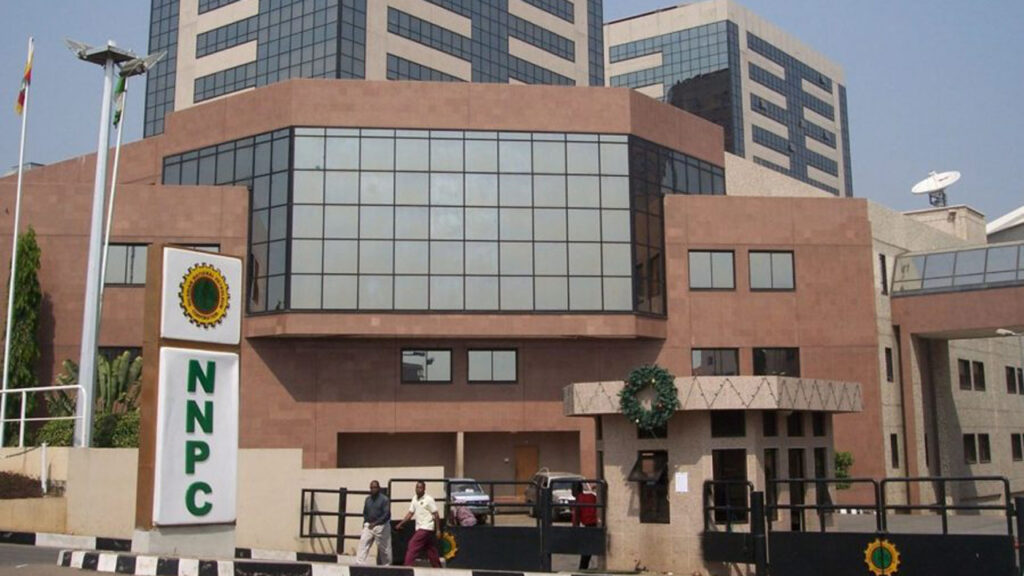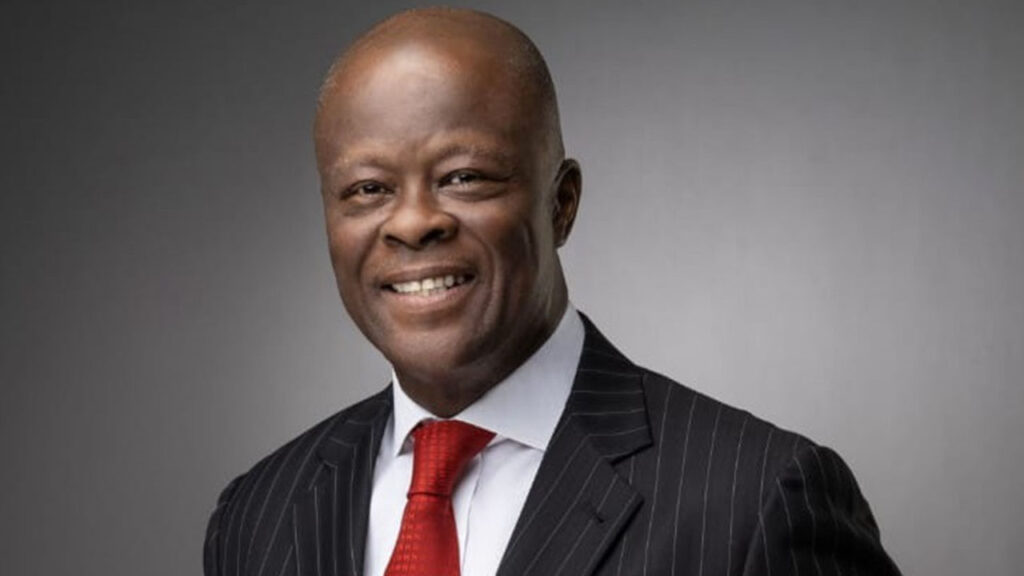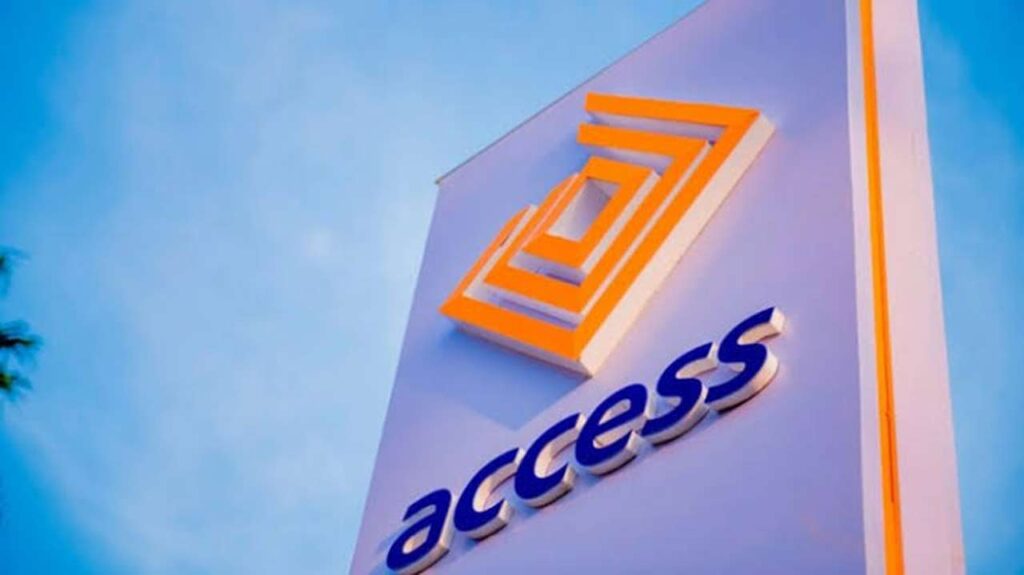
This is the first time since its inception the service will finance its statutory responsibilities from the revenue it generates as provided in Section 18 of the recent Nigeria Customs Service Act (NCSA).
This was disclosed by the Chairman of the House of Representatives Committee on Customs and Excise in the ninth National Assembly, Leke Abejide, yesterday, at a two-day sensitisation workshop on the Nigeria Customs Service Act 2023 held for management members of the service in Abuja.
He said the new arrangement would speed up the growth of the economy, enhance investors’ and stakeholders’ confidence, boost the morale of Customs officers nationwide and improve the transparency of the country’s business climate in the global market.
Abejide added that the legislation empowers the service to execute projects not more than 10 per cent of its total capital budget.
He said this makes it faster for the service to implement its capital projects as quickly as possible to enhance the performance of officers in service delivery.
According to him, projects whose value is above 10 per cent of the total capital projects of the year under review will require Federal Executive Council (FEC) approval.
Abejide said this can, however, be upgraded as the need arises by a proposal to that effect by the President to the National Assembly, and accordingly by appropriation put through Budget presentation on Customs Service matters.
The Chairman recounted obstacles that had made previous governments fail to get the Customs and Excise Management Act (CEMA) Cap. C45, Laws of the Federation of Nigeria (LFN) 2004 repealed and re-enacted
Abejide said the Bill was declined presidential assent three times with meetings held with the Ministry of Justice, Ministry of Finance and the Nigeria Customs Service, which saw it assented to on April 27, 2023 by the former President Muhammadu Buhari.
“The tortuous journey towards the repeal of the CEMA Cap. C45, LFN 2004 and the re-enactment of this new Act, the first of its kind in 63 years, was indeed very challenging, which God made possible by the 9th National Assembly with the cooperation of the Ministry of Finance, Ministry of Justice, the Nigeria Customs Service and the general stakeholders at large.
“We expect that NCS would live up to its responsibility of tapping new revenue areas, thereby ensuring that duties and levies evading techniques by criminal-minded persons are restricted to the barest minimum level so that targeted revenue avenues would be harnessed,” he said.
Abejide further noted that some of the reforms injected into the NCS Act are the enhancement of trade facilitation policies of the service, which has upgraded its status to the 21st-century strategic revenue-generating institution.
“Our effort is providing policies statutorily implanted, which invigorates the objectives of keeping our borders safe and making avenues of leaked revenue accountability lean, hence this institution shall in the shortest period, reap the dividends of this legal framework that gear up the ease of doing business in Nigeria,” he said.
Speaking earlier, the Acting Comptroller General of NCS, Bashir Adewale Adeniyi, said the service is an important agency of the Federal Government saddled with the enormous responsibility of administering, managing and enforcing the provision of the defunct Customs and Excise Management Act (CEMA) Cap C45 LFN 2004.
According to him, CEMA, which was enacted 63 years ago, had remained in operation without any significant amendment notwithstanding the expansion in government, growth in population and over-dynamic progress and challenges in the economy.
He said several attempts were made in the past for the amendments or repeal of CEMA to no avail.
Adeniyi said the efforts were necessary as the provisions of CEMA had become obsolete and could no longer adequately meet the contemporary fiscal policies of the government and the mandate of the service.
According to him, this situation undoubtedly propelled the National Assembly, through a private member Bill to initiate the repeal and enactment of a new Nigeria Customs Service Bill, which was passed by the parliament and assented to by former President Muhammadu Buhari.
He said the law has addressed some of the defeats in the CEMA and introduced innovative solutions in the implementation of the Act.
Adeniyi said under this new legal regime, NCS has been statutorily empowered to administer and enforce the provisions of the Act, collect and account for revenue from Customs and Excise among others, promote trade facilitation, prevent smuggling activities and carry out border enforcement among others.
“Laws are tools and legal instruments through which government and its agencies derive the powers and authority to carry out their mandate. As a result, laws must be consistent, clear and adequate to realise their objectives and the mandate of government and its agencies, otherwise, there would be a lot of constraints in their application and enforcement, which may require the amendment or total repeal of the law,” he explained.
Adeniyi disclosed that members of the public are not yet familiar with the provisions of the Act, such as the new procedure, processes and very stiff punitive provisions in the law.
He said the NCS will urgently embark on sensitisation and education of the public on the provisions of the law as well as Customs procedure and processes to prevent excuses of ignorance of the law, which is not a defence.
Adeniyi further noted that it is against this background that the service commenced sensitisation of its management members, which will be followed by stakeholders such as importers, manufacturers, Customs agents, freight forwarders and journalists among others.



